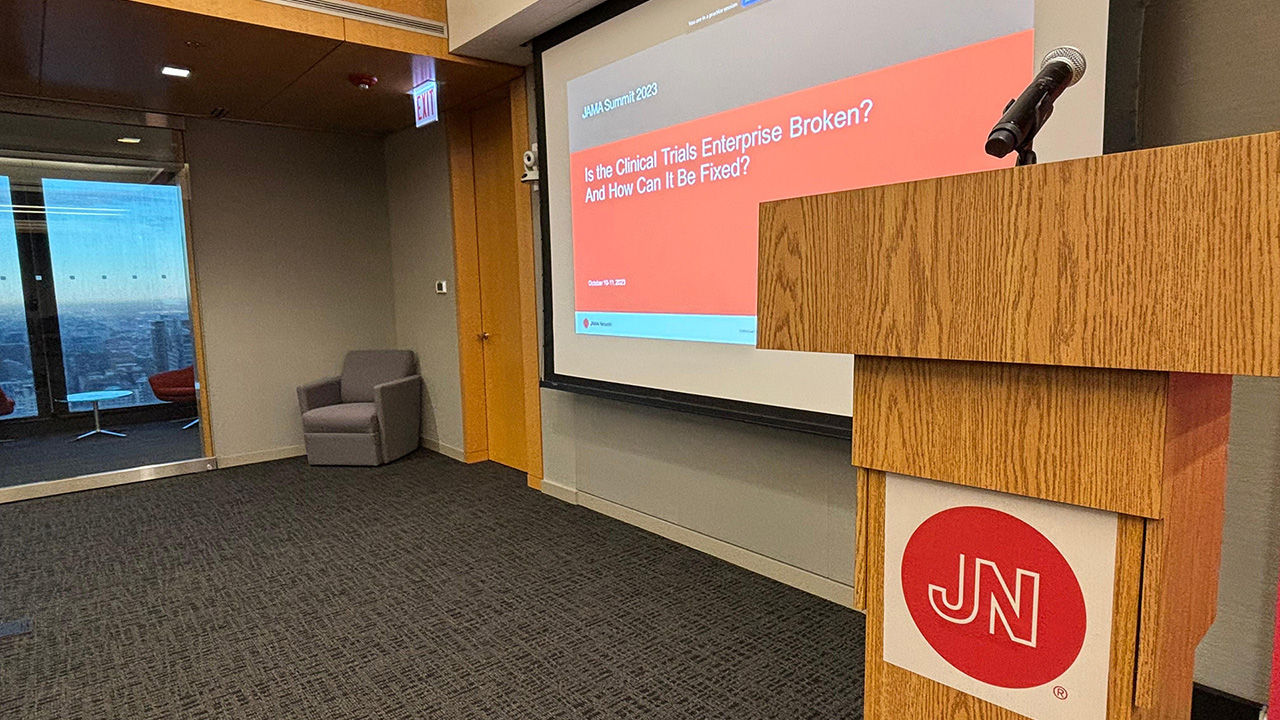Last week, I had the privilege to attend JAMA’s first ever summit in which two questions were addressed: ‘Is the clinical trials enterprise broken?’ and ‘How can it be fixed?’. The first question is rhetorical.
Randomised controlled trials (RCTs) yield the strongest evidence to inform medical care practice. Each year, more than 50,000 new RCTs are registered, with an estimated budget of more than $50 billion. Yet RCTs are inefficient, as they usually take a long time from initiation to completion and are increasingly expensive. Moreover, many patient populations are not well represented in RCTs and the questions addressed do not necessarily answer what patients and clinicians ask for. Finally, many of the 50,000 RCTs fall in the category “the small crappy trial problem”: underpowered RCTs not providing solid evidence and wasting resources that could have been used in a better way. So, the (invited) audience agreed that indeed the clinical trial enterprise is broken.
Most of the two-day meeting addressed possible solutions. These included innovations in trial design, such as for instance the use of adaptive platform trials; what endpoints to use, being those that matter to patients; how data sources and data collection strategies could enhance clinical trial efficiency; and what role patient representatives could play in all this.
Key takeaways
I took (at least) five learning points from the summit. To enhance clinical trial efficiency, we need to:
- Optimise the logistics around trial preparation and execution, such as regulatory approval and contracting of study sites;
- Optimise enrolment, through embedding RCTs as much as possible in daily care medical practice, thereby creating a learning health care system in which randomized evaluation of practices becomes the norm (from random care to randomized care);
- Optimise enrolment through innovations in informed consent procedures, such as electronic consenting and making informed consent forms more patient friendly;
- Optimise trial delivery, such as through continuous enrolment of patients in trial infrastructure and simultaneous evaluating multiple aspects of care, for instance in adaptive platform trials;
- Optimise the use of electronic healthcare records for data collection.
The meeting confirmed my (heavily biased) prior conviction that warm-base academic clinical trial networks, such as Ecraid, would be perfectly suited to establish these changes, and thereby fix the broken trial ecosystem. We just released a white paper on what a warm-base network is and how it can advance clinical research – read it here.

